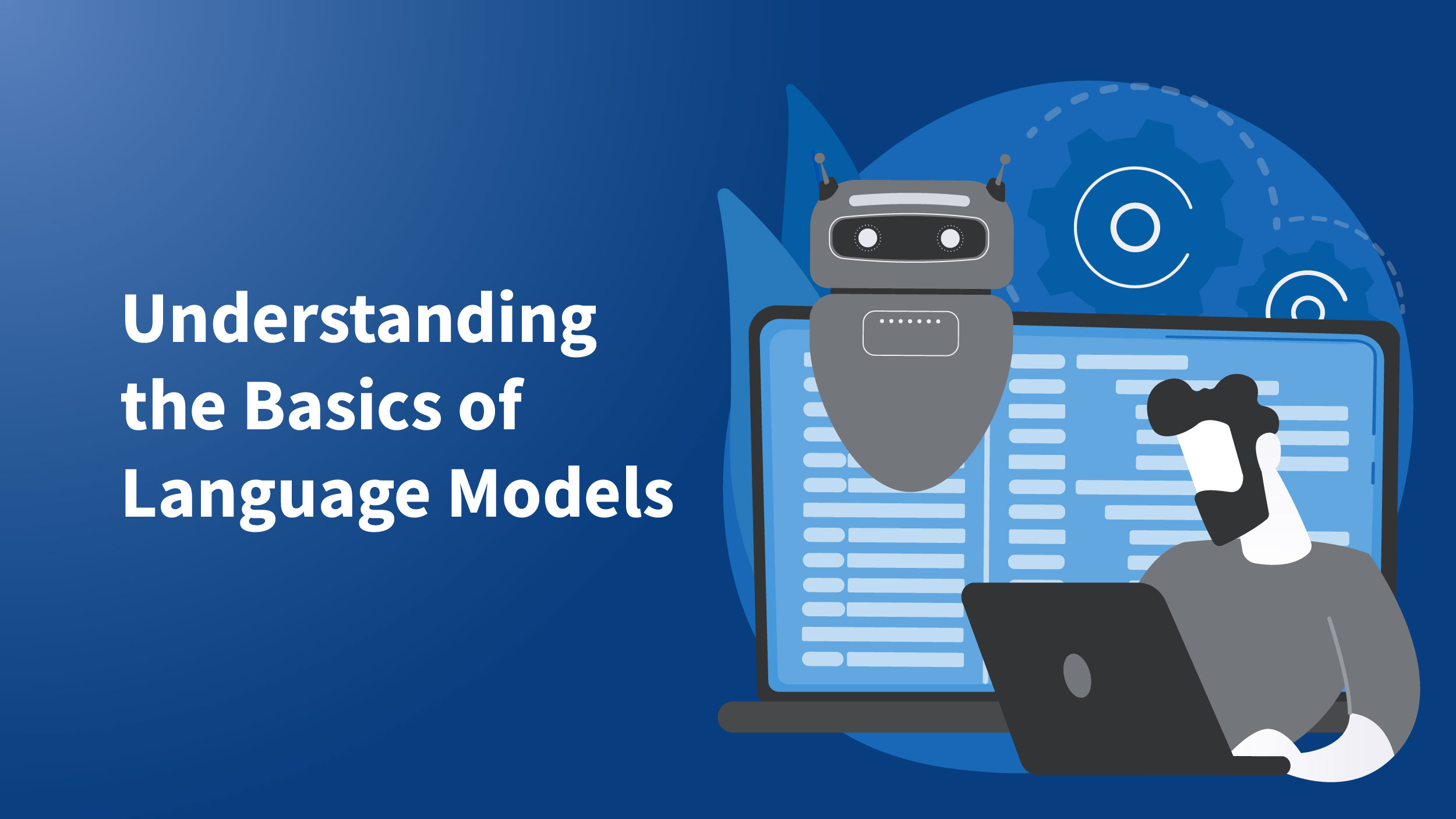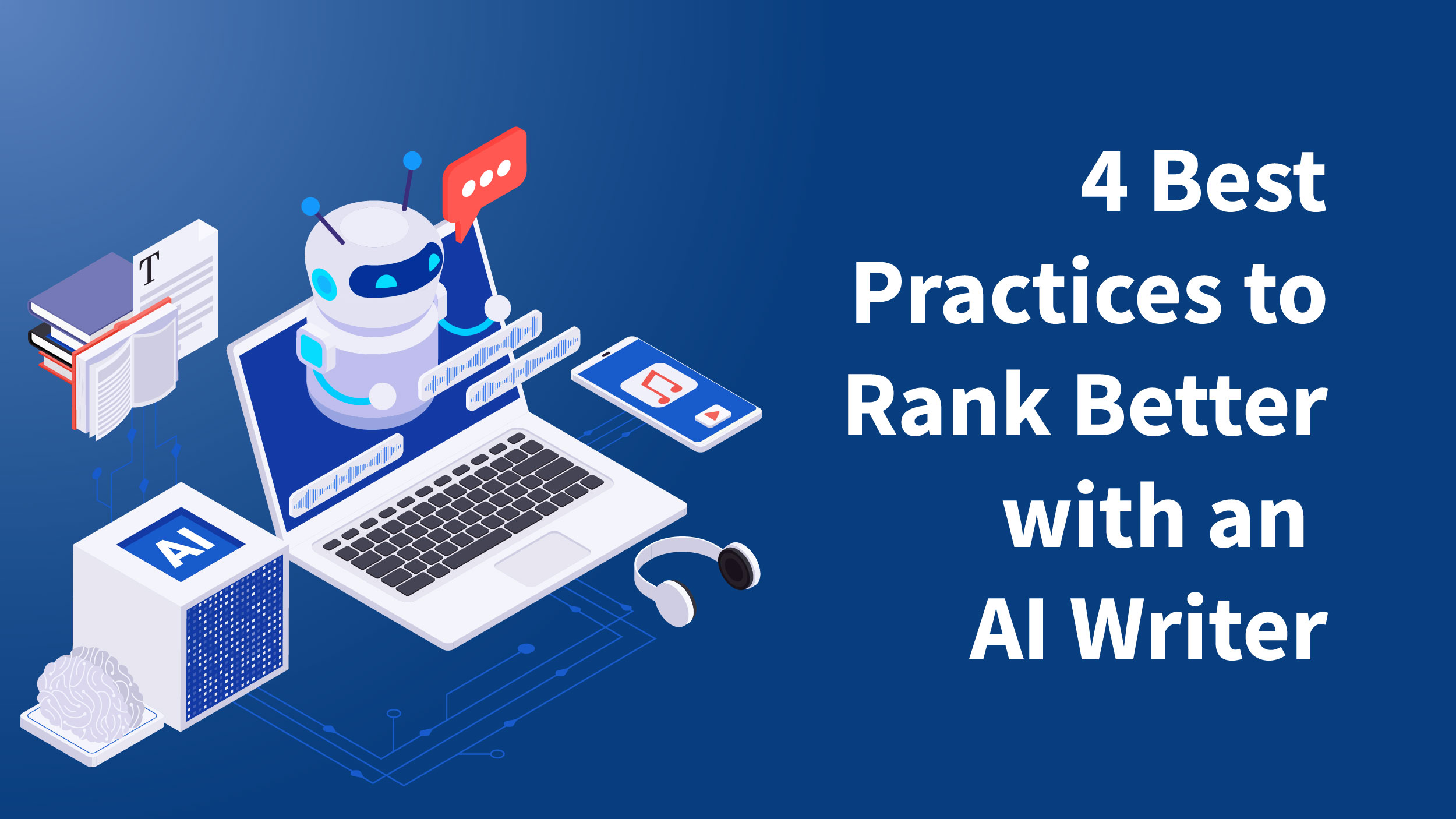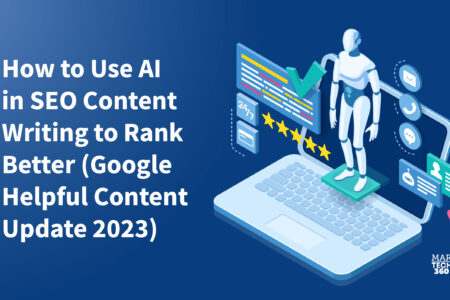AI is revolutionizing the way we work. People are increasingly seeking easier and more efficient ways to achieve their goals, and AI is perfectly suited to meet this demand. From new applications and work tools to personal assistants, AI is rapidly becoming integrated into every aspect of our lives.
The same goes for marketers as well and it begs the question: Can we use AI for writing to improve content strategy and positively impact SERP results?
If you are asking yourself these very questions, you have landed at the right place. So, let’s get started on the answers!
Understanding the Basics of Language Models

LLMs, which are commonly known as large language models, utilize a complex framework to anticipate the subsequent portion of a sentence.
However, they may miss the underlying meaning.
When utilizing artificial intelligence tools, it is important to bear in mind that while they may generate grammatically sound sentences, they may occasionally fail to effectively communicate the intended message.
Open AI discovered that their advanced GPT-4 model, despite its capabilities, has an effectiveness rate of 80% regarding factual accuracy in certain domains.
How Does this Affect You?
The good news is that Google does not object to content produced by AI.
Google won’t penalize you for utilizing AI to help with content generation as long as your content shows E-E-A-T or Experience, Expertise, Authoritativeness, and Trustworthiness and satisfies the searcher’s needs.
However, if you are concerned with uniqueness and accuracy, employing AI will be helpful. Generative AI can only use pre-existing data, it cannot come up with brand-new concepts or original content.
As a result, if you solely rely on AI, think about adding your own special touch or experiences because AI cannot do this.
4 Best Practices to Rank Better with an AI Writer

Simply defined, this is the act of instructing GPT or any AI tool appropriately to produce the intended outcome.
You should offer GPT instructions that align with what it has learned rather than asking it for anything general in order to achieve the desired result. Explain descriptively what exactly you want the answer to be.
- Tip 1: Use AI To Generate Ideas For New Content
For example, you could request five ideas in a particular category from the AI during a brainstorming session. It can offer appropriate subheadings to help organize your lengthy material.
This approach is a helpful way to get a high-level summary of prevalent themes surrounding a topic. It assists in locating pertinent long-tail keywords, queries, and additional topics to cover.
As a result, you can overcome the originality issue by adding your own voice and writing style. It gives you an outline, so you don’t have to check for factual inaccuracies or fabrications produced by AI.
- Tip 2: Use AI to write some of your initial drafts
This is a great way to gather focused information for short sections and include it in your writing.
When trying to rank for specific keywords in an article, it helps with focus and can offer snippets, paragraphs, or phrases to boost your work.
- Tip 3: Use AI to revamp existing content
OpenAI has trained a model to provide suggestions and edits, producing precise and understandable results.
The model creates redesigned content that directly answers the question and adheres to the section’s objectives by giving it a framework and a specific question.
- Tip 4: Examine the Content and Offer Suggestions
By doing this, AI tools act as your writing friend by making clear comments and recommendations. Focused guidance demands clear limitations and precise instructions.
It is useful for keyword targeting since it provides feedback on the relevancy of the content and makes focused recommendations.
How Can You Integrate AI for Writing Content that Google Will Rank?
Every marketer and writer wants to rank their content at the top of Google search results. But can you use AI to do it? Well, yes, that’s what Google says.
Google prioritizes content that is intended for human consumption, regardless of whether it is generated by individuals or not.
So, how can you accomplish this?
In their 2023 helpful content update, Google has provided valuable guidance under the headline “Emphasizing People-Centric Content”.
I present to you the following enumeration:
- Are you targeting a specific group of people who would benefit from your business or website if they were to visit you directly?
- Does your content adequately showcase an authentic understanding and extensive knowledge, such as firsthand experience with a product or service, or personal visits to certain locations?
- Is there a specific purpose or focal point for your website?
- Will individuals feel adequately educated about a subject to assist them in accomplishing their objectives after engaging with your content?
- Do readers feel satisfied after consuming your content?
- Have you taken into consideration the core updates and product reviews?
The more questions you say yes to, the more success you can ensure for your content, regardless of whether you use AI for writing or not.
To bring this to a close
While AI may not be a magic wand, it is definitely a powerful tool. It creates possibilities for improving content development and your content’s effectiveness and efficiency.
However, it is crucial to keep in mind that AI is imperfect and only offers partial innovation. By using the tips that are explained in this blog, you can use AI in SEO content writing to rank better.

